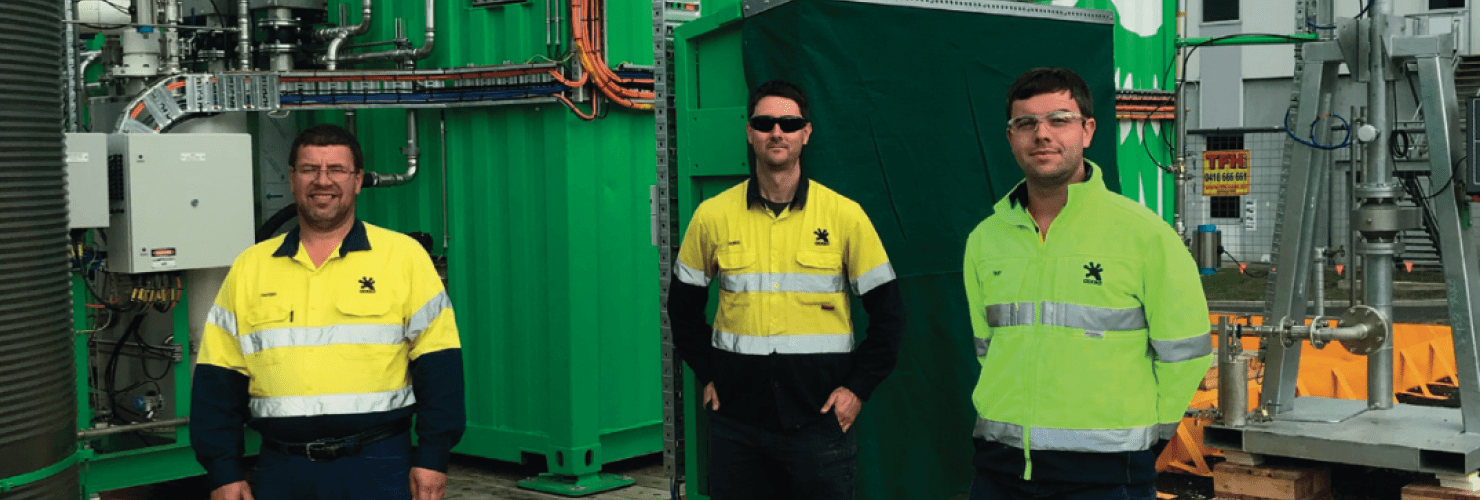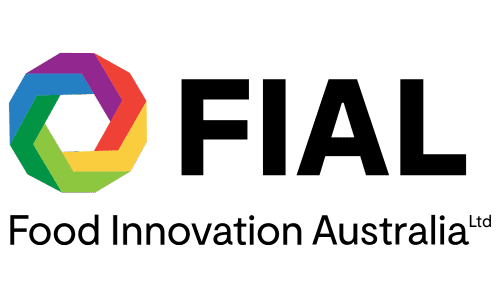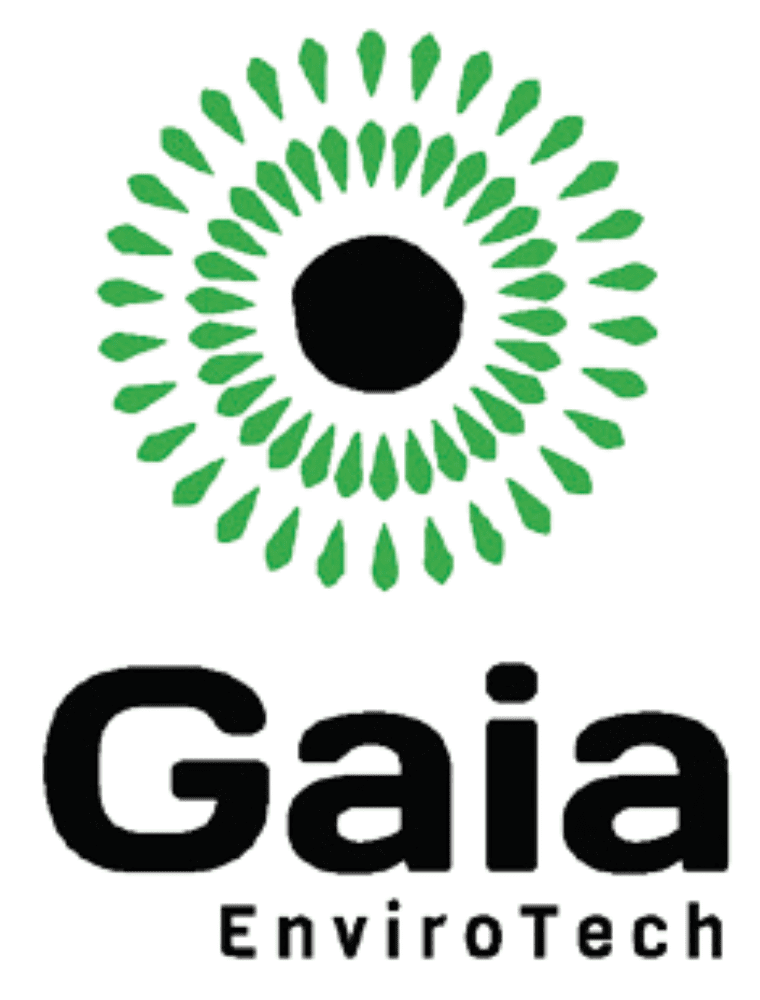Gaia EnviroTech | Celebrating Australian Food and Agribusiness Innovations 2021

In 2017, Ballarat-based Gekko Systems saw an opportunity to expand its footprint, leveraging off experience creating energy-efficient technologies for the mining sector to develop solutions aimed at addressing the critical challenges faced by food producers, processors and manufacturers.
The company established Gaia EnviroTech as a separate arm, to develop and launch solutions that tackle the elevated energy costs and high volumes of organic waste associated with food production.
The Gaia Biodigester is a modular, multi- stage biodigestion solution designed to be commercially viable on a small to medium scale. For the uninitiated, the biodigestion process takes organic matter like food waste and manure and places it into an environment with no oxygen, which generates biogases including methane and carbon dioxide that can subsequently be used to produce energy. It also delivers an end material with a reduced organic loading that can be used as fertiliser and soil conditioner.
The process benefits are numerous; biodigestion diverts food from landfill, captures methane and burns it — thereby reducing greenhouse gases, it repurposes waste to fertiliser and provides users with a distinct competitive advantage through reduced waste disposal costs and the introduction of new revenue streams including the generation of renewable power for onsite use or sale back to the grid.
Unlike other available solutions, which favour a single, large tank set-up, the Gaia biodigester features multiple separate chambers in a small flexible footprint and can be quickly installed at plants, farms or factories and expanded when needed. The multistaged nature of the solution offers processing advantage, with each stage exhibiting a different optimum set of conditions.
One of the initial impediments to uptake of the solution was an inability to accurately evaluate the technical and commercial gains the system offered. The multistaged set-up made it difficult to predict outcomes, so Gaia developed a dedicated anaerobic digestion laboratory designed to forecast outputs based on waste assessment and analysis of key aspects.
Funding from FIAL allowed the team to realise the laboratory program, facilitating a path for optimisation of processes and accurate modelling capability that delivers a right-size solution for every application. Dovetailing into the laboratory development, the Gaia team built a small-scale relocatable demonstration plant which can be temporarily installed and run for a period of six to nine months, then used to validate the laboratory data.
Gaia is part of a consortium of companies including Tas Gas, Booth Transport, Trigg Farm and Meredith Dairies, working with FIAL to optimise performance, develop new applications and provide infrastructure for knowledge sharing. FIAL’s assistance has been invaluable, providing not only financial support but information and connection with members of the food agriculture sector and helping identify a clear pathway for adoption of this game-changing technology.

